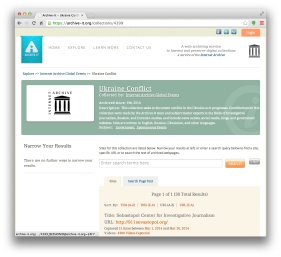By David Zylberberg
Historians place a disproportionate emphasis on the 1930s when teaching European History. The decade looms large in our courses with discussions of economic depressions, the rise of far-right political parties and the onset of the Second World War. We generally try to instill greater complexity to our lectures but a fairly straight-forward narrative emerges: Economic collapse and high unemployment contribute to the election of far-right political parties, war and 6 million dead Jews. Interestingly, the Eurozone’s economic trajectory since the financial collapse of 2008 has been similar to that of the 1930s but political spectrums have barely changed. Why?
A number of economists and economic historians have noted that the overall European economy performed similarly between 2007 and 2014 as it had done between 1929 and 1936. Both continent-wide comparisons mask major regional hardships, since Britain in the 1930s or Germany and France in the 2010s have fared relatively well. The circumstances in a number of Eurozone countries are staggeringly bad. After 2008, Latvia lost a quarter of its economy within a year and 10% had emigrated within two years. The Greek economy contracted by 13.5% between 2007 and 2012 and continues to shrink with a quarter of the adult workforce unemployed. Meanwhile, in both Greece and Spain over half of the workforce under the age of 25 is unemployed. The lack of employment for those entering the workforce will limit their skill development, while the general hesitancy of employers to hire the long-term unemployed will hurt this cohort going forward. The current generation of 20-25 year olds in Spain and Greece might have the worst long-term employment prospects of any cohort ever. Economic conditions have also noticeably deteriorated in Britain, Ireland, the Netherlands and Denmark over the last six years. Continue reading
 By Ian Milligan
By Ian Milligan


